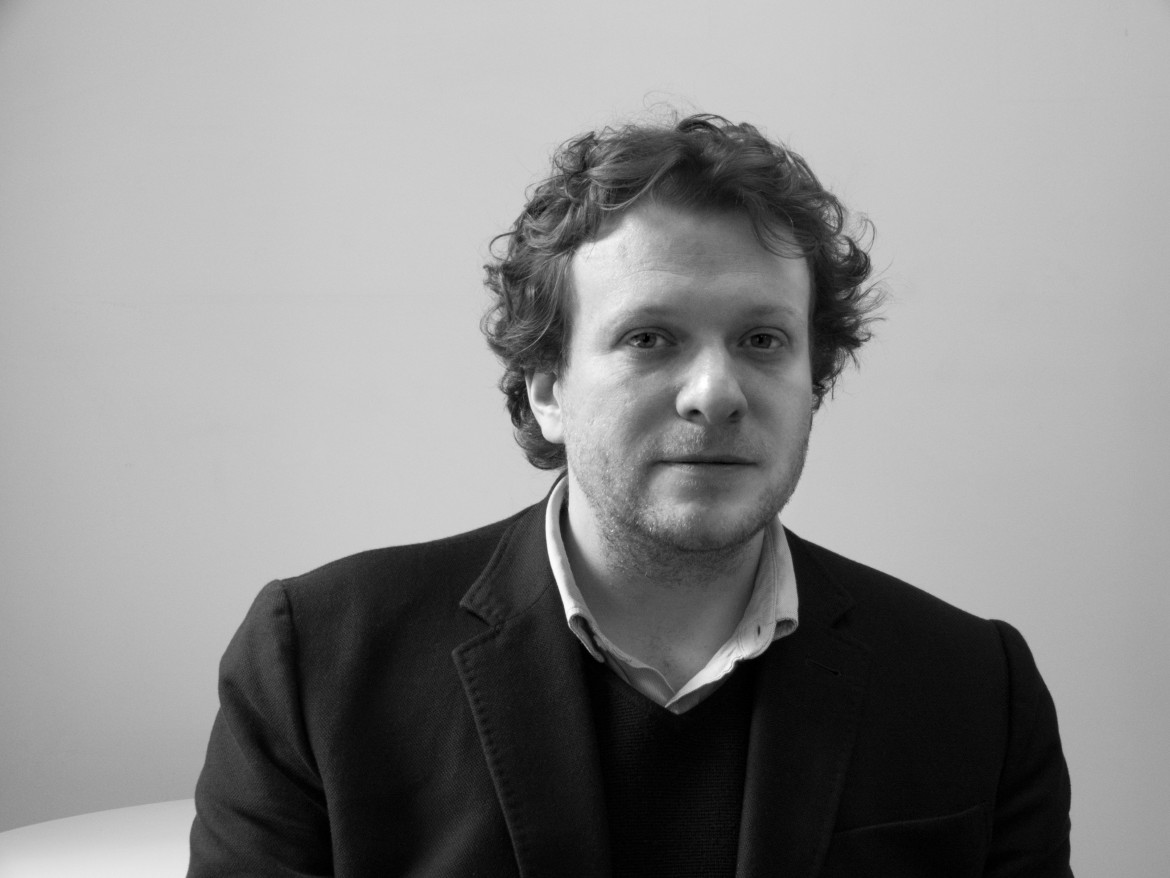Interview
Peter Pomerantsev: Is Putin a victim of his own propaganda?
We spoke with Peter Pomerantsev, a scholar of communication systems from Moscow. ‘Russian disinformation is well known, but now it seems to me to be running out of ideas. The hypothesis that he was the first to overstate the capacity of his army, and to mythologize its role, is not without grounds.’

Peter Pomerantsev, writer, journalist and propaganda expert, worked from 2001 to 2010 in Moscow as a television producer and is the author of Nothing is True and Everything is Possible. The Surreal Heart of the New Russia (Minimum Fax) and This is Not Propaganda. Adventures in the war against reality (Bompiani).
In “Nothing is True” you highlight the paradox of a Russian nationalism that wants to be an ethnically pure empire by subjugating all the surrounding territories. What kind of paradox are we witnessing in Ukraine?
Putin claims that he wants to “liberate” Ukraine, while in reality he is subjugating it; he claims that his goal is to “de-Nazify” it, but it is precisely himself who is using “Nazi” propaganda and rhetoric: that Ukrainians are not part of a true nation, while reinforcing the Russians’ national identity. Perhaps this is the most obvious paradox: the more he insists on unity between Ukrainians and Russians, the more he makes their differences wider. Another paradox is that this mission to impose his legacy through violence may bring about his own end.
The scenario of an invasion was branded by Lavrov as “Western hysteria.” You have studied Moscow’s propaganda in depth, do you notice any changes?
Russian disinformation is well known, but now it seems to me to be running out of ideas. In this war, perhaps one should ask whether Putin has become victim of his own propaganda. The hypothesis that he was the first to overstate the capacity of his army, and to mythologize its role, is not without grounds.
Did the journalists and analysts you encounter in your work expect Putin to actually invade Ukraine?
I am currently in Washington. Here, everyone was convinced that he would actually invade the country. Personally, according to the way I have always seen Putin and Europe, I found it hard to believe. But there is one aspect on which American analysts are not converging: how much territory does Putin want? The whole of Ukraine? Does he want a third of it, or will a part be enough?
To quote the title of another book of yours, “This is not propaganda”: is the other war still happening, the one against reality?
Here in the U.S., half the people are living in another dimension: an enormous percentage of people think that Trump actually won the election and that what happened afterwards was pure manipulation. By and large, I would say that things are looking bad. In Russia, the situation is far worse than it was when I was working there: many people believe that there is no war going on in Ukraine, maybe just a small military intervention in the east, nothing more. So yes, we are in a bad situation.
What lies ahead after the Russian invasion?
The worst case scenario is that Ukraine will cease to exist as an independent state, that it will become a kind of colonized country. With the aim of maintaining control, Putin could target not only nationalists, but also the whole class of people who look to Europe with warm feelings. At that point, we could see persecution of various kinds, mass arrests, and a new wave of refugees the likes of which Europe has never seen. As a result, the installation of a populist Russophile government would allow Putin to focus on Moldova, and then start threatening the Baltic countries as well.
Originally published at https://ilmanifesto.it/il-peggio-e-che-putin-sembra-credere-alla-propria-propaganda/ on 2022-03-03
